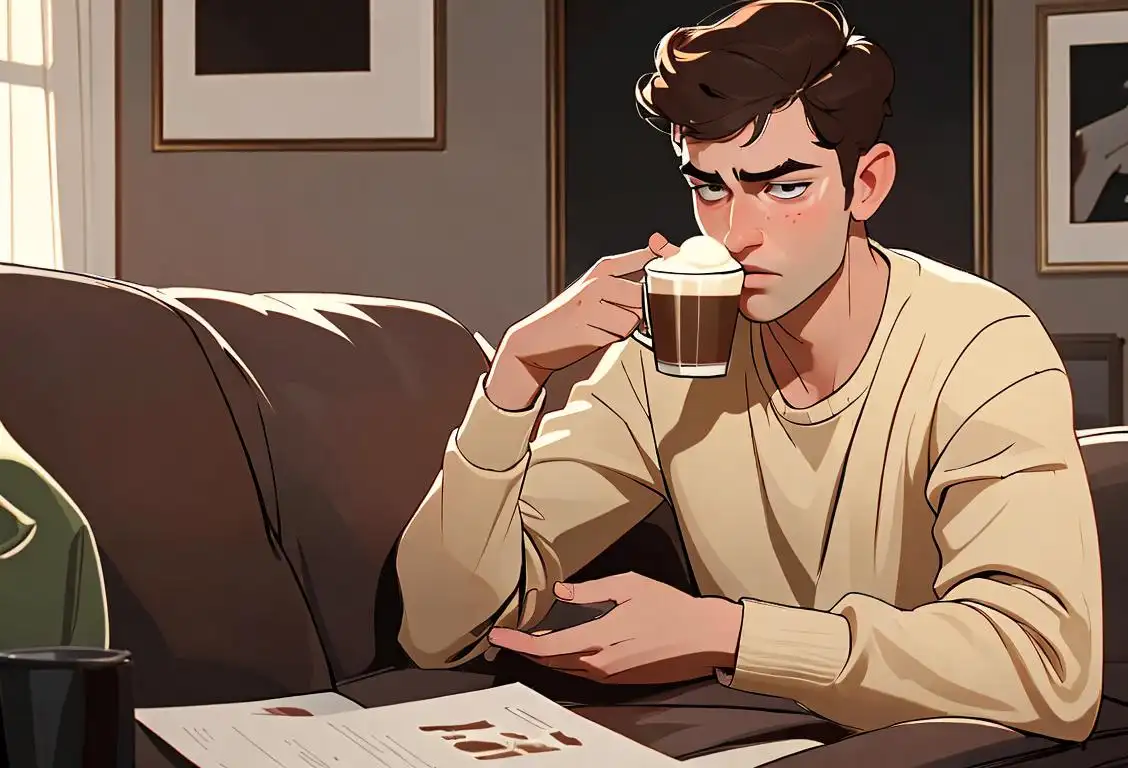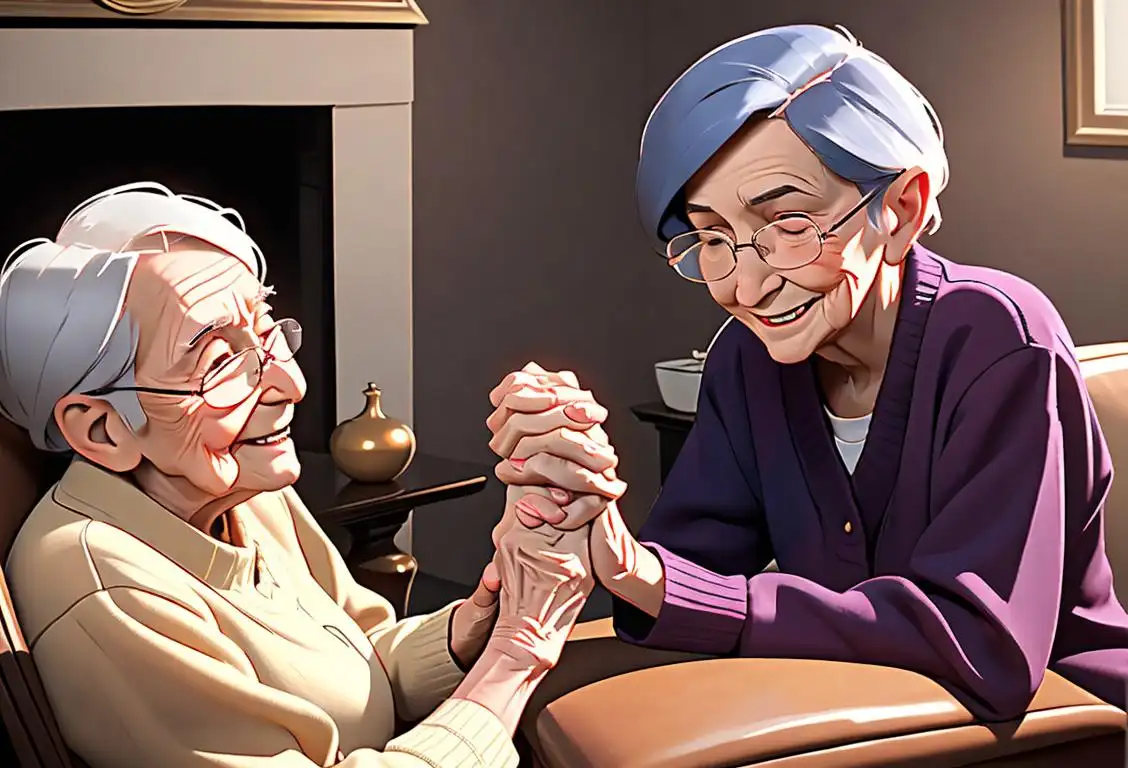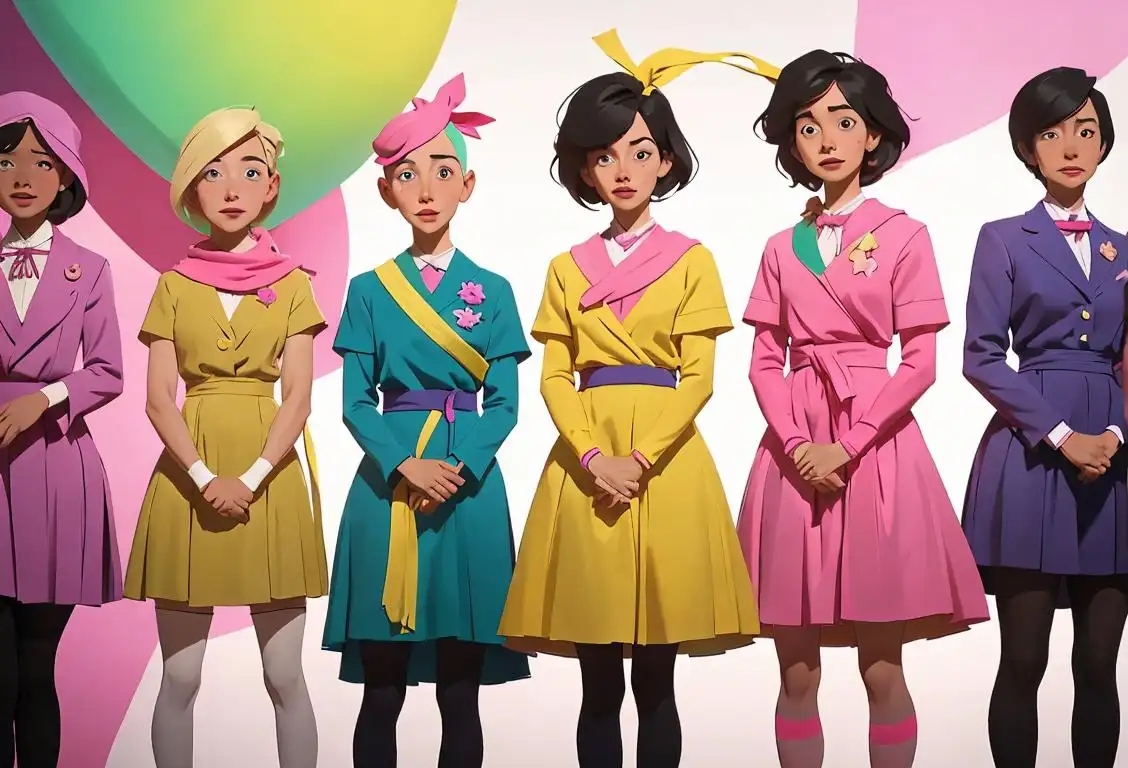National Hungover Day

Oh, the things we do for... fun? Get ready to sprinkle some coffee on your cornflakes, it's National Hangover Day! This day is celebrated on January 2nd, a suspiciously convenient date after the glorious revelry of New Year's Eve.
When is Hungover Day?
It's national hungover day on the 2nd January.
History of National Hangover Day
While some national days have their roots in historical events, legislation, or public advocacy, the origins of National Hangover Day are a little hazier. We think someone might have just woken up on January 2nd and declared it so after a particularly raucous New Year's Eve. And the internet did its thing, and before we knew it, National Hangover Day was a thing.
Celebrating National Hangover Day
Our online data indicates that National Hangover Day reached the peak of its popularity with 2151 mentions on January 2nd, 2017. Clearly, a lot of folks really leaned into their New Year celebrations that year. Commemorating the day usually involves nursing a sore head and perhaps an aversion to loud noises, bright lights, and sudden movements. But it can also be seen as a day of solidarity, where the hungover masses virtually reach out to each other in mutual understanding and sympathy.
Is there a cure?
While there is no universal cure for a hangover, staying hydrated, eating a nourishing meal, and getting some sleep is generally the best course of action. A marathon of your favorite TV show is highly recommended. Remember, it's important to take care of yourself and celebrate responsibly!
A Reminder
So, whether you're sipping water, chugging sports drinks, or feverishly Googling 'hangover cure,' know that you're not alone. And next year, you might want to bookmark this day as a gentle reminder of why moderation is a good thing.
History behind the term 'Hungover'
1598
The birth of 'hangover'
The term 'hangover' first appeared in print in 1598. This term was used in English literature to describe the aftereffects of excessive drinking, which includes symptoms like headache, nausea, and fatigue. It was derived from the combination of the word 'hang,' meaning to linger or remain, and 'over,' referring to the excess or aftermath of something.
1872
Introducing 'hungover'
The term 'hungover' came into use in 1872 as a variation of 'hangover.' It gradually gained popularity and began to be used to describe the state of being unwell or uncomfortable after consuming an excessive amount of alcohol.
1930s
Cultural acceptance and humorous connotations
By the 1930s, 'hungover' became widely recognized and accepted as a descriptive term for post-drinking discomfort. It started to evoke humorous connotations as people began using it in lighthearted ways to describe the effects of a wild night out. The term became enmeshed in popular culture, appearing in books, movies, and television shows, further solidifying its place in the English language.
1970s
Reaching mainstream slang
During the 1970s, 'hungover' reached the level of mainstream slang. It became a colloquialism widely used by individuals of all ages to describe the consequences of excessive drinking. This usage reflected society's growing openness to discussing alcohol-related experiences and the recognition of the term as a relatable and widely understood concept.
Present day
Continued relevance and societal normalization
Today, 'hungover' remains a commonly used term to describe the physical and mental aftermath of a night of heavy drinking. It has become ingrained in modern language and is recognized worldwide. The term now goes beyond its original association with alcohol and can also be used metaphorically to describe a general feeling of exhaustion or malaise that follows exertion or intense indulgence.
Did you know?
Did you know that the 'hair of the dog' hangover cure, which suggests drinking more alcohol, comes from an old folk saying that to cure a dog bite you should apply the same dog's hair to the wound? Talk about a barking mad idea!Tagged
awareness food fun loved ones rememberance sportsFirst identified
5th July 2015Most mentioned on
2nd January 2017Total mentions
2151Other days
Caregivers Day
Believe Day
Photography Day
Family Day
Action Day
One Day
Happiness Day
Trivia Day
Opposite Day
Cancer Awareness Day









